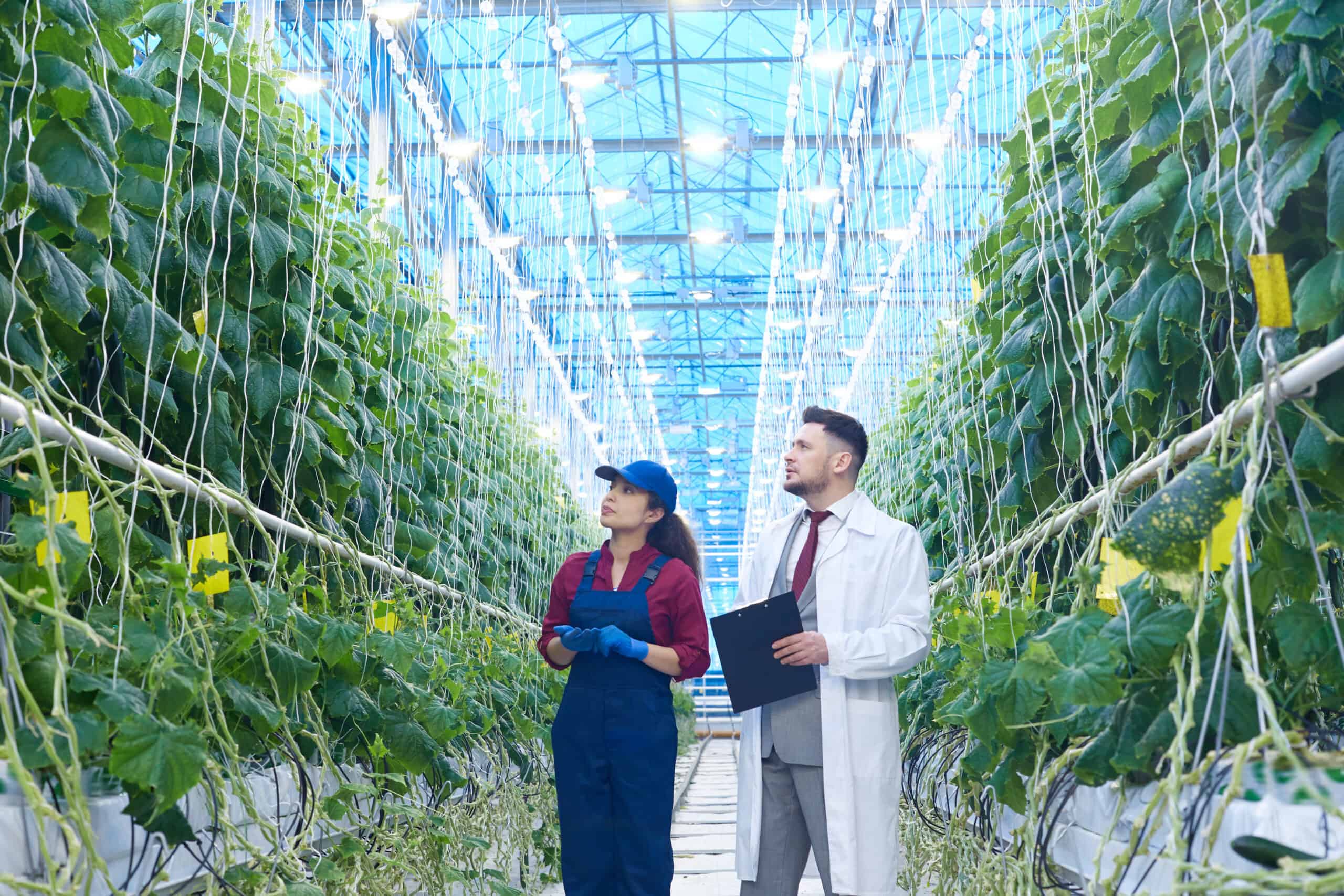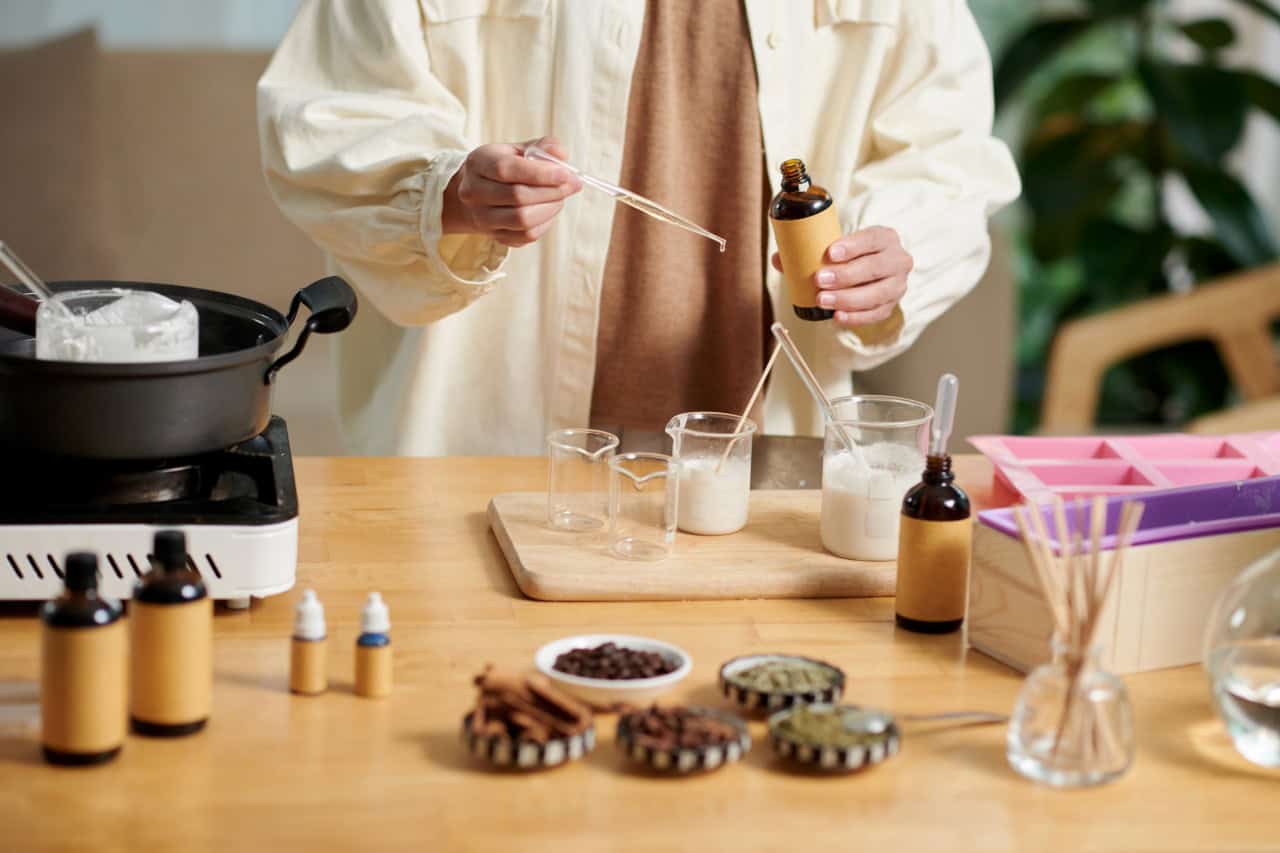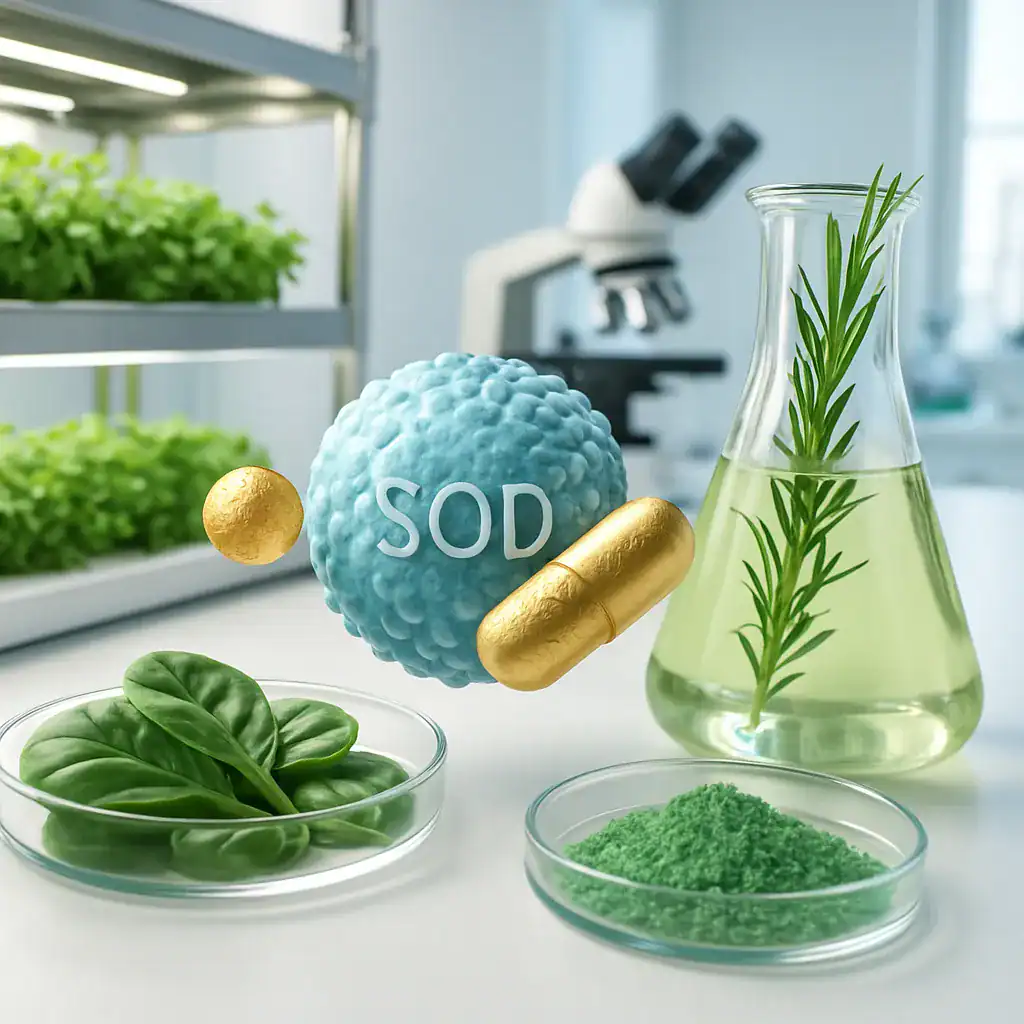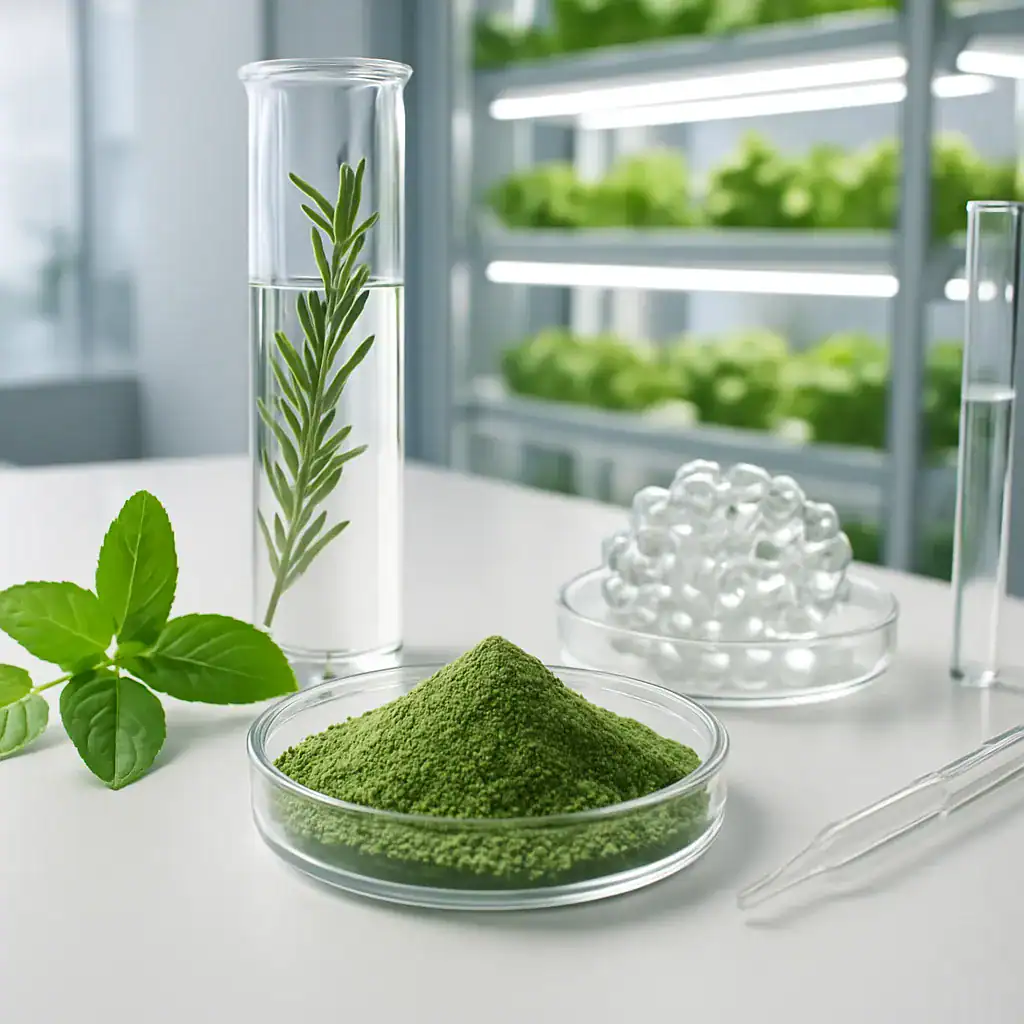The Role of Vertical Farming in Sustainable Herbal Medicine Production
The Synergy Between Organic Cultivation and Nutraceutical Development
When you explore the connections between organic farming and other health-focused production processes, you’ll discover a fascinating web of relationships that ultimately benefit both environmental and human health. Organic cultivation doesn’t exist in isolation—it forms the foundation for numerous downstream industries that transform these naturally-grown ingredients into powerful health solutions.
Soil health directly influences the nutritional profile of crops grown in organic systems. Unlike conventional farming which may focus primarily on NPK (nitrogen, phosphorus, potassium) fertilization, organic methods nurture complex soil ecosystems teeming with beneficial microorganisms. These microbes help plants develop stronger natural defense mechanisms, resulting in higher concentrations of protective phytonutrients—the very compounds that become valuable in nutraceutical applications.
Research shows that organically grown fruits and vegetables often contain higher levels of antioxidants compared to their conventionally grown counterparts. For instance, studies have found that organic berries can contain up to 50% more anthocyanins, which are powerful compounds linked to improved cardiovascular health and cognitive function.
From Farm to Formulation: The Vertical Integration Advantage
Vertical integration of organic farming with processing facilities creates a closed-loop system that preserves bioactive compounds at each step:
- Harvest timing can be optimized for peak phytochemical content rather than shelf stability
- Minimal transport time reduces degradation of sensitive compounds
- Processing can begin immediately after harvest, preserving volatile components
- Complete traceability from seed to final product ensures quality control
This farm-to-formulation approach resembles the vertical farming botanics model employed by advanced nutraceutical companies. By controlling every aspect of production, manufacturers can ensure that the beneficial compounds remain intact and bioavailable in the final product.
Enhanced Bioavailability Through Natural Extraction Methods
The way organic ingredients are processed after harvesting plays a crucial role in preserving their health benefits. Natural extraction techniques maintain the integrity of bioactive compounds, resulting in supplements and functional foods that deliver maximum efficacy.
Cold-pressing, supercritical CO2 extraction, and water-based extraction methods align perfectly with the philosophy of organic farming—working with nature rather than against it. These gentle processes preserve the delicate balance of compounds found in organically grown plants, including enzymes like superoxide dismutase that play key roles in protecting your body against oxidative stress.
Consider how extraction techniques compare:
| Extraction Method | Benefits | Typical Applications |
|---|---|---|
| Cold-pressing | Preserves heat-sensitive compounds, enzymes remain active | Seed oils, juices |
| Water-based extraction | Free from chemical solvents, environmentally friendly | Herbal extracts, teas |
| Supercritical CO2 | Highly selective, no residual solvents, preserves volatile compounds | Essential oils, concentrated extracts |
| Chemical solvent extraction | Higher yields but potential solvent residues | Conventional supplements |
The Role of Organic Certification in Nutraceutical Integrity
Organic certification serves as the critical bridge between agricultural practices and finished health products. When you purchase supplements or functional foods derived from organic sources, you’re benefiting from strict standards that prohibit:
- Synthetic pesticides and fertilizers
- Genetically modified organisms
- Irradiation treatments
- Chemical solvents in processing
These standards align perfectly with the principles behind high-quality nutraceutical development, where purity and potency are paramount concerns. For individuals with chemical sensitivities or those seeking to minimize exposure to synthetic compounds, this creates a seamless pathway from farm to therapeutic application.
Biodiversity’s Impact on Nutraceutical Innovation
Organic farming systems support greater biodiversity, which translates directly to a more diverse phytochemical profile in harvested crops. This biodiversity becomes particularly valuable for exosome-based delivery systems in advanced nutraceuticals.
Plant-derived exosomes—natural nanocarriers that can enhance bioavailability—vary widely depending on growing conditions. Organically maintained ecosystems, with their rich soil microbiomes and natural pest management, may produce plants with unique exosome characteristics that prove particularly effective for nutraceutical applications.
You might notice the difference when comparing products derived from organic versus conventional sources. Formulations using organically grown ingredients often demonstrate enhanced efficacy due to these synergistic relationships—the beneficial compounds work together as nature intended, rather than as isolated constituents.
For those seeking natural solutions to support joint health, cardiovascular function, or skin integrity, products that combine organic sourcing with advanced delivery technologies offer particularly promising results. The marriage of traditional organic farming wisdom with cutting-edge nutraceutical science represents the future of natural health solutions.
Our Key Areas of Expertise




The Ecosystem of Organic Farming: Connecting Soil to Health
The Synergy Between Organic Cultivation and Nutraceutical Development
When you explore the connections between organic farming and other health-focused production processes, you’ll discover a fascinating web of relationships that ultimately benefit both environmental and human health. Organic cultivation doesn’t exist in isolation—it forms the foundation for numerous downstream industries that transform these naturally-grown ingredients into powerful health solutions.
Soil health directly influences the nutritional profile of crops grown in organic systems. Unlike conventional farming which may focus primarily on NPK (nitrogen, phosphorus, potassium) fertilization, organic methods nurture complex soil ecosystems teeming with beneficial microorganisms. These microbes help plants develop stronger natural defense mechanisms, resulting in higher concentrations of protective phytonutrients—the very compounds that become valuable in nutraceutical applications.
Research shows that organically grown fruits and vegetables often contain higher levels of antioxidants compared to their conventionally grown counterparts. For instance, studies have found that organic berries can contain up to 50% more anthocyanins, which are powerful compounds linked to improved cardiovascular health and cognitive function.
From Farm to Formulation: The Vertical Integration Advantage
Vertical integration of organic farming with processing facilities creates a closed-loop system that preserves bioactive compounds at each step:
- Harvest timing can be optimized for peak phytochemical content rather than shelf stability
- Minimal transport time reduces degradation of sensitive compounds
- Processing can begin immediately after harvest, preserving volatile components
- Complete traceability from seed to final product ensures quality control
This farm-to-formulation approach resembles the vertical farming botanics model employed by advanced nutraceutical companies. By controlling every aspect of production, manufacturers can ensure that the beneficial compounds remain intact and bioavailable in the final product.
Enhanced Bioavailability Through Natural Extraction Methods
The way organic ingredients are processed after harvesting plays a crucial role in preserving their health benefits. Natural extraction techniques maintain the integrity of bioactive compounds, resulting in supplements and functional foods that deliver maximum efficacy.
Cold-pressing, supercritical CO2 extraction, and water-based extraction methods align perfectly with the philosophy of organic farming—working with nature rather than against it. These gentle processes preserve the delicate balance of compounds found in organically grown plants, including enzymes like superoxide dismutase that play key roles in protecting your body against oxidative stress.
Consider how extraction techniques compare:
| Extraction Method | Benefits | Typical Applications |
|---|---|---|
| Cold-pressing | Preserves heat-sensitive compounds, enzymes remain active | Seed oils, juices |
| Water-based extraction | Free from chemical solvents, environmentally friendly | Herbal extracts, teas |
| Supercritical CO2 | Highly selective, no residual solvents, preserves volatile compounds | Essential oils, concentrated extracts |
| Chemical solvent extraction | Higher yields but potential solvent residues | Conventional supplements |
The Role of Organic Certification in Nutraceutical Integrity
Organic certification serves as the critical bridge between agricultural practices and finished health products. When you purchase supplements or functional foods derived from organic sources, you’re benefiting from strict standards that prohibit:
- Synthetic pesticides and fertilizers
- Genetically modified organisms
- Irradiation treatments
- Chemical solvents in processing
These standards align perfectly with the principles behind high-quality nutraceutical development, where purity and potency are paramount concerns. For individuals with chemical sensitivities or those seeking to minimize exposure to synthetic compounds, this creates a seamless pathway from farm to therapeutic application.
Biodiversity’s Impact on Nutraceutical Innovation
Organic farming systems support greater biodiversity, which translates directly to a more diverse phytochemical profile in harvested crops. This biodiversity becomes particularly valuable for exosome-based delivery systems in advanced nutraceuticals.
Plant-derived exosomes—natural nanocarriers that can enhance bioavailability—vary widely depending on growing conditions. Organically maintained ecosystems, with their rich soil microbiomes and natural pest management, may produce plants with unique exosome characteristics that prove particularly effective for nutraceutical applications.
You might notice the difference when comparing products derived from organic versus conventional sources. Formulations using organically grown ingredients often demonstrate enhanced efficacy due to these synergistic relationships—the beneficial compounds work together as nature intended, rather than as isolated constituents.
For those seeking natural solutions to support joint health, cardiovascular function, or skin integrity, products that combine organic sourcing with advanced delivery technologies offer particularly promising results. The marriage of traditional organic farming wisdom with cutting-edge nutraceutical science represents the future of natural health solutions.
R&D Consultancy
Discover how PhNóva’s R&D Consultancy can help transform your idea into a market-ready solution — with expert support in formulation, regulatory compliance, and innovative delivery systems to give your product a competitive edge.
FAQ's about The Role of Vertical Farming in Sustainable Herbal Medicine Production
Eating organic delivers multiple health advantages including reduced exposure to synthetic pesticides and potentially higher antioxidant levels. Research suggests organic produce may contain up to 69% more key antioxidants than conventional equivalents. You’ll also benefit from less exposure to antibiotic-resistant bacteria, no synthetic hormones, and potentially higher omega-3 fatty acids in organic dairy and meat. These benefits contribute to overall reduced toxic burden on your body’s detoxification systems.
How does organic farming support biodiversity compared to conventional methods?|Organic farming creates thriving ecosystems that support 30% more species diversity than conventional farming. Without synthetic pesticides, beneficial insects like pollinators flourish, improving crop yields naturally. Cover cropping and diverse rotations create year-round habitats for wildlife while building soil structure. These practices maintain genetic diversity in seed stocks and cultivate robust soil microbiomes containing thousands of beneficial bacterial species that enhance plant nutrient uptake and natural disease resistance.|Can organic farming practices help improve soil health and prevent erosion?|Regenerative organic methods dramatically improve soil structure through practices like cover cropping, reduced tillage, and application of compost. This enhanced structure increases water infiltration by up to 100% compared to conventional soils, preventing runoff and erosion. Organic soils typically contain 3-6% more organic matter, making them more resilient during droughts and heavy rain events. The extensive root systems encouraged by organic management further stabilize soil particles, protecting valuable topsoil from wind and water erosion.|How do organic farming methods impact the nutritional content of foods?|Nutrient density often increases in organically grown foods due to slower growth rates that allow more time for nutrient accumulation. Studies show organic produce can contain up to 58% more antioxidants and higher levels of minerals like iron, magnesium, and phosphorus. The robust soil food web in organic systems enhances nutrient cycling, making more minerals bioavailable to plants. These nutritional advantages translate to functional foods with enhanced phytonutrient profiles that may offer greater protective benefits.|What role does organic farming play in sustainable water management?|Water conservation is inherent to organic farming through its focus on soil organic matter, which can hold up to 20 times its weight in water. Organic fields typically require 45% less irrigation water than conventional counterparts. Without synthetic pesticides and fertilizers, organic farms dramatically reduce water pollution from agricultural runoff. The enhanced soil structure improves aquifer recharge rates while reducing flooding risks, creating resilient watersheds that support both agricultural and ecological needs.|How do organic certification standards ensure product integrity?|Rigorous certification involves regular on-site inspections, detailed record-keeping requirements, and testing for prohibited substances. Certified organic operations must maintain a comprehensive Organic System Plan documenting all aspects of production. For processed products, at least 95% of ingredients must be organic to carry the USDA Organic seal. This transparent system creates accountability throughout the supply chain, ensuring that products maintain their integrity from seed to shelf while meeting strict standards for environmental stewardship.|Can organic farming help address climate change concerns?|Organic farms serve as powerful carbon sequestration systems, storing up to 26% more carbon in soils compared to conventional methods. By eliminating synthetic nitrogen fertilizers, organic practices reduce nitrous oxide emissions—a greenhouse gas 298 times more potent than CO₂. Cover cropping and diverse rotations keep living roots in soil year-round, continuously pulling carbon from the atmosphere. Research shows that if all farmland globally adopted organic practices, it could offset up to 40% of worldwide greenhouse gas emissions.|How does organic farming influence the flavor profile of foods?|Enhanced flavor compounds develop naturally in organic foods grown in biologically active soils without synthetic fertilizers. The slower growth rates allow more time for flavor development, resulting in better taste intensity and complexity. Studies show organic fruits often contain higher levels of aromatic compounds and natural sugars. These improved sensory qualities translate directly to functional foods and extracts where flavor plays a crucial role in consumer acceptance and compliance with supplementation regimens.|What economic benefits do organic farming methods provide to farmers?|Premium pricing for organic products typically ranges 20-30% higher than conventional equivalents, creating economic sustainability for producers. Organic farms spend less on external inputs like synthetic fertilizers and pesticides, reducing operational costs by up to 40%. Crop diversification strategies reduce economic vulnerability to market fluctuations or crop failures. Studies show organic farms are 22-35% more profitable per acre than conventional operations, creating economic resilience in agricultural communities while supporting sustainable production methods.|How do organic farming practices affect beneficial microorganisms in food and soil?|Microbial diversity thrives in organic systems, with soil tests showing up to 84% more microbial biomass than conventional soils. Without synthetic pesticides, beneficial fungi like mycorrhizae form extensive networks that enhance plant nutrient uptake. These robust microbiomes help develop plant-derived exosomes with enhanced bioavailability properties. The microbial richness transfers to harvested foods, potentially supporting gut health through diverse probiotic species absent in conventionally grown alternatives exposed to antimicrobial agrochemicals.
Get in Touch with PhNóva
Have questions or need expert guidance? Contact us today — our team is ready to assist you with tailored solutions for your formulations.

27/03/2025






